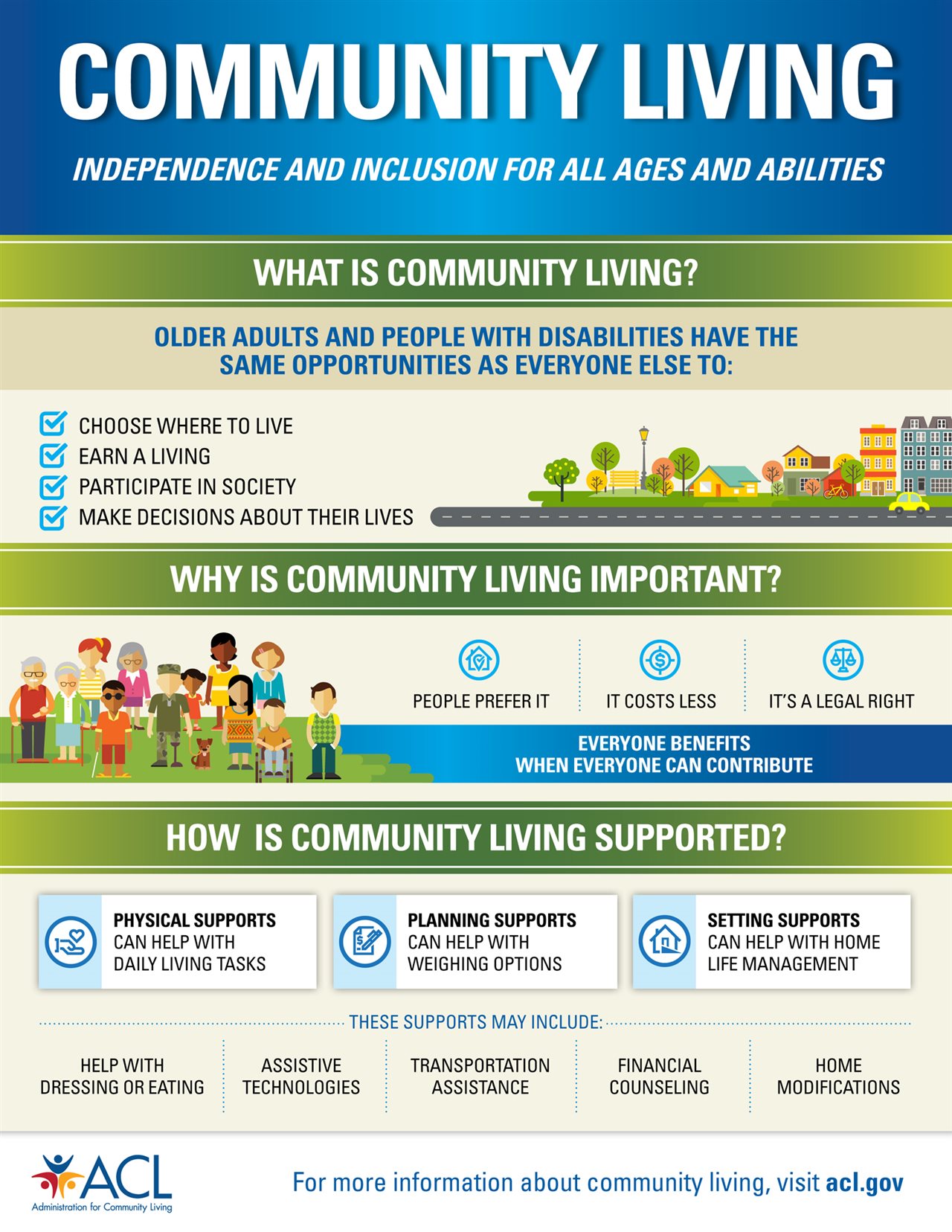2021-11-01T11:01:00
(BPT) – Each year when the Medicare open enrollment period comes around, it’s easy to feel overwhelmed by the many choices you have. You’re not alone — most people have questions this time of year. What’s the best way to get the most from your benefits? What if Medicare doesn’t cover everything you need?
If these types of questions are swirling in your mind, not to worry. There are simple ways to think through your options and find a plan that suits your unique needs.
“Start by listing out what’s most important to you when it comes to health plan coverage,” says Mathew S. Philip, M.D., an Internal Medicine physician at Duly Health and Care. “There are some areas you may want to keep consistent, like your primary care physician, while you may be open to changing your pharmacy. Thinking about these things before starting the Medicare open enrollment process will save you time.”
Dr. Philip and the experts at Duly Health and Care, formerly DuPage Medical Group, recommend that you ask these questions when evaluating your Medicare health plan options:
Does this plan include benefits that are most important to me?
Take time to review your healthcare needs over the past year. What medical services and prescriptions did you need? How much did you pay for premiums and out-of-pocket costs like co-pays for doctor visits and prescriptions? Reflecting on your needs over the past year can help determine what benefits you’ll likely need in the year ahead.
Can I continue to see my primary care physician?
If it’s important to you to stay with your current primary care physician, you’ll want to make sure that provider is in your plan’s network.
Are my prescriptions covered, and is my preferred pharmacy in-network?
If you rely on regular prescriptions from month to month, and you prefer to use a specific pharmacy near you, ask about your prescription coverage and make sure your pharmacy is in the network.
Would I benefit from an all-in-one plan?
Medicare all-in-one plans, like Medicare Advantage, may help simplify your options, and may provide more comprehensive and cost-effective benefits. Be sure to find out if your preferred provider participates in the plan you choose. For instance, Duly Health and Care physicians and providers participate in the following Medicare Advantage plans:
- Aetna
- Blue Cross Blue Shield of Illinois
- Humana
- United Healthcare
Could I use more benefits than I currently take advantage of?
Most Medicare Advantage plans offer coverage for things that aren’t covered by original Medicare, like vision, hearing, dental and wellness programs. Plans may also include a broader range of “extra benefits” than they have in the past, including transportation to doctor visits, over-the-counter medications, adult care services and other health and care tools and resources to support your well-being.
Ask yourself if you would like to take advantage of these types of benefits, and if they would make a difference for your wellness, convenience and overall quality of life.
How can I get help comparing plans?
The Medicare website has information about plan options. If you need personalized plan recommendations, Duly Health and Care is partnering with the Integrity Medicare Helpline to offer one-on-one appointments with an independent licensed agent (call 1-855-205-2037). You can also sign up to attend a Medicare 101 seminar at Duly.IntegrityMedicareHelpline.com.
Preparation is the key to feeling confident about making the best choice for your health. To learn more, visit DulyHealthAndCare.com/Medicare.







